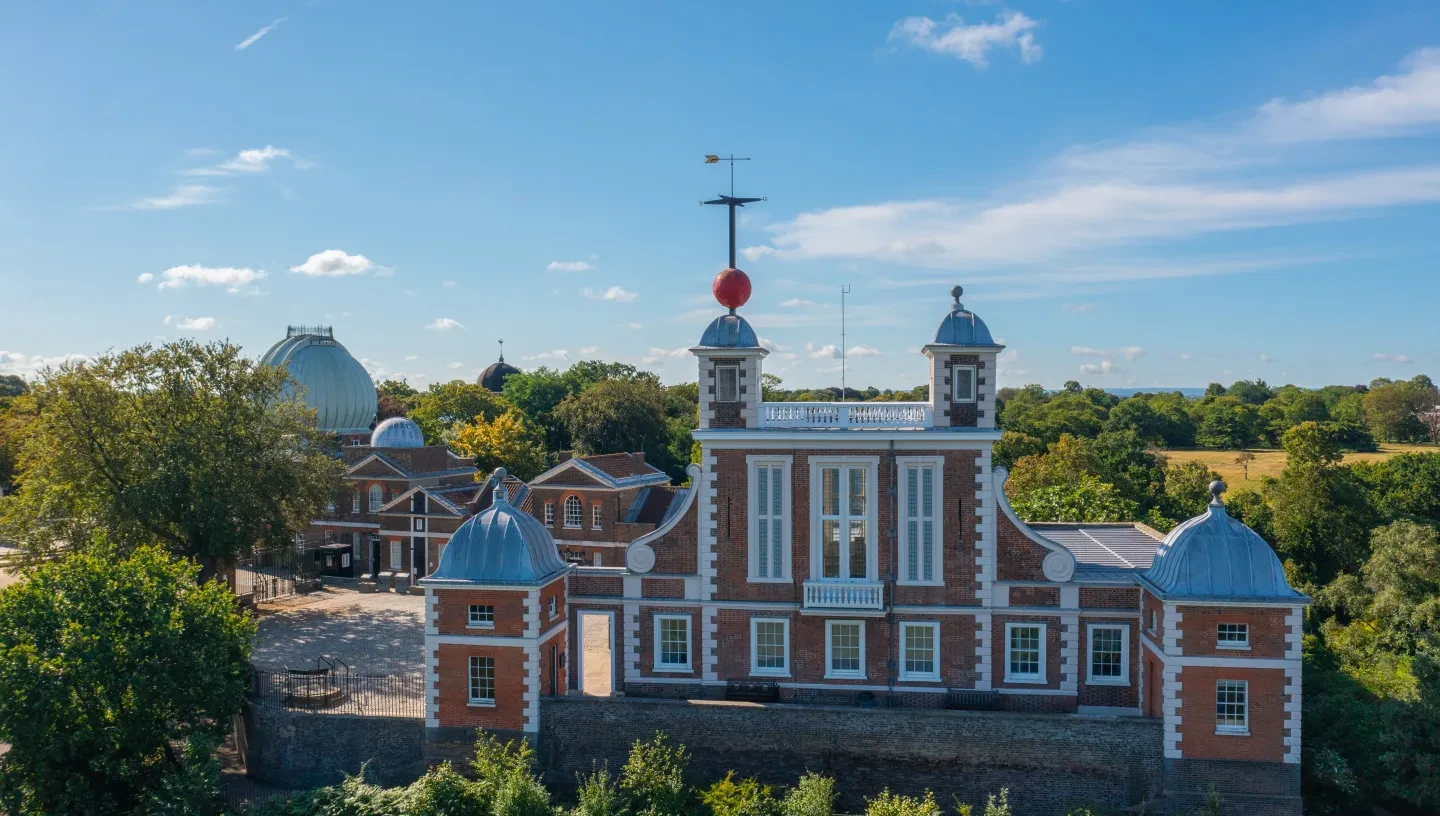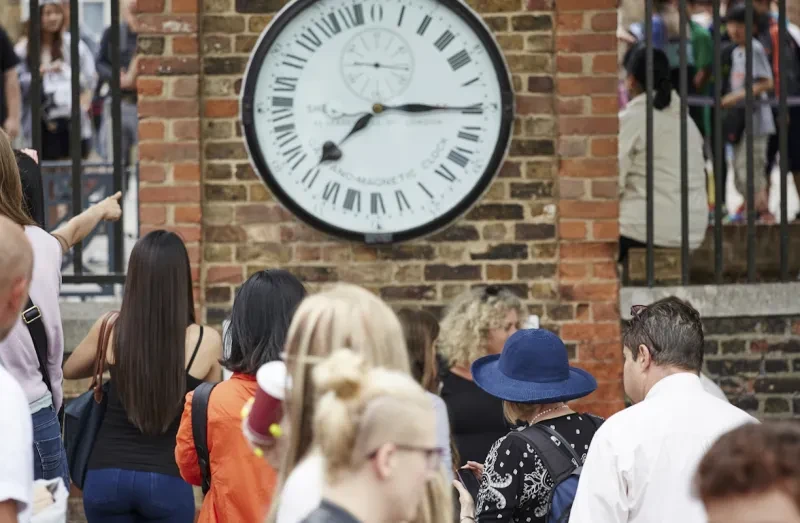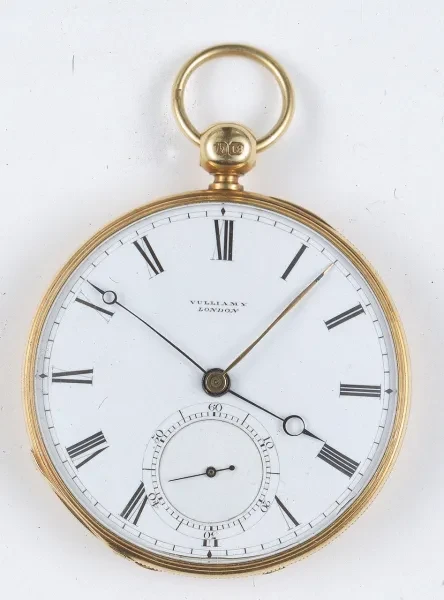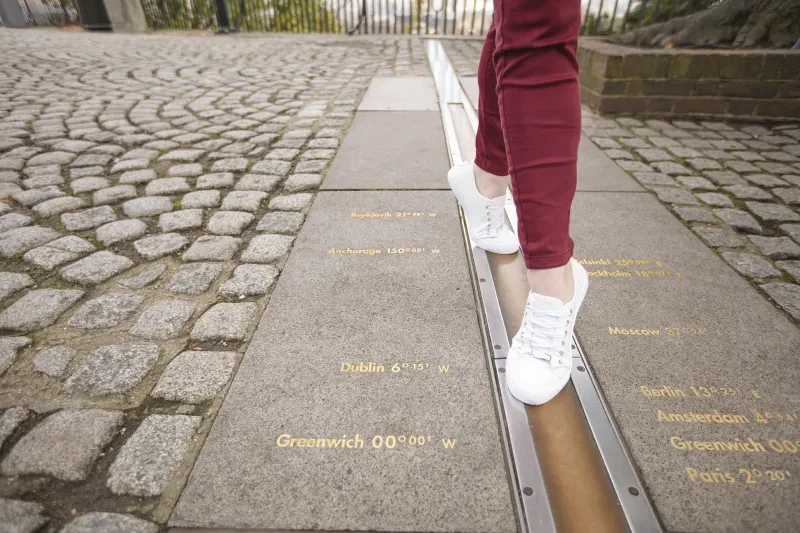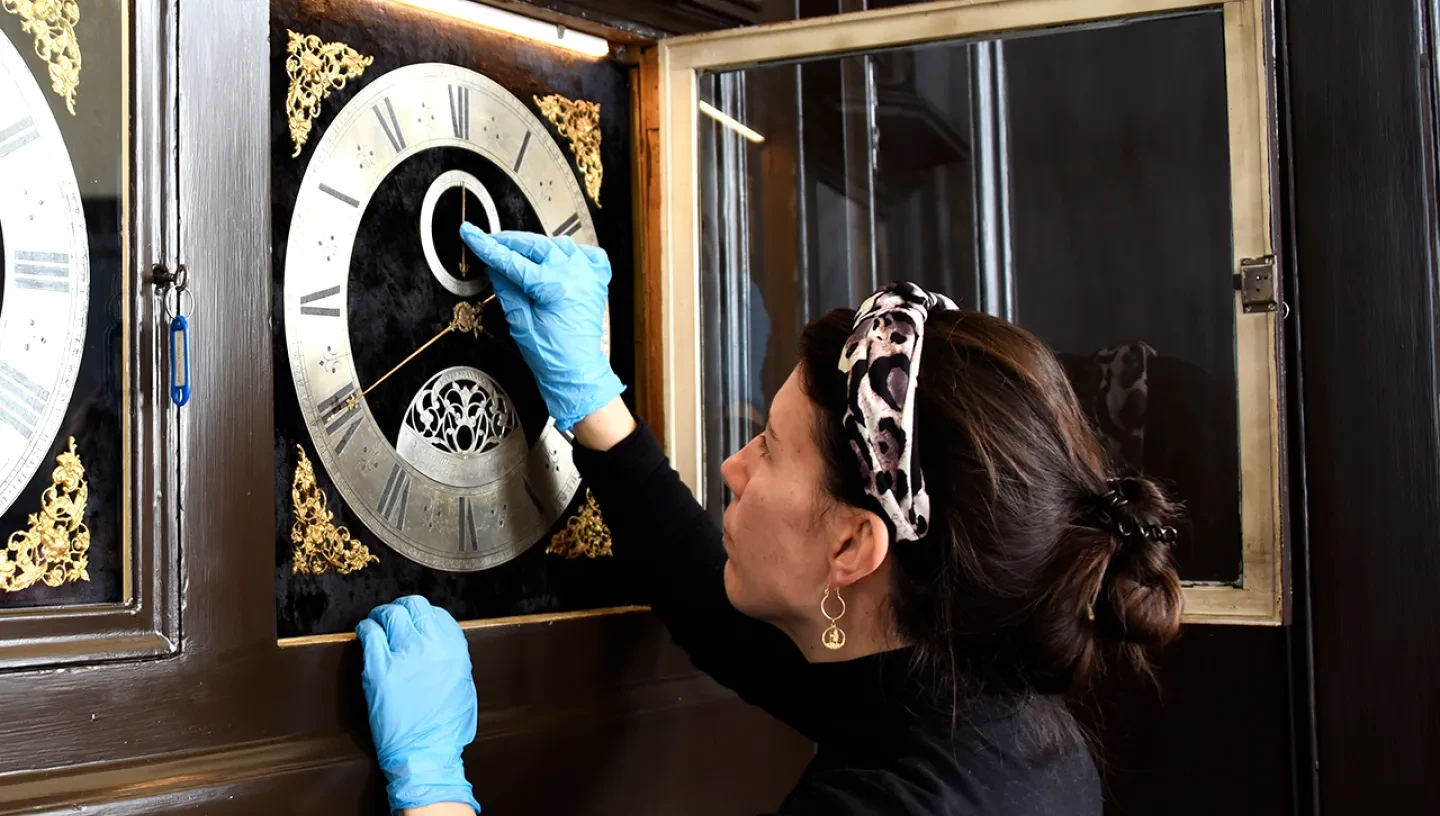
The clocks change on the last Sunday of March every year in the UK, moving forward by one hour. This marks the beginning of British Summer Time (BST).
In 2026 the clocks go forward on Sunday 29 March at 1am.
Learn more about why the UK changes the clocks and the history of daylight saving time below with the Royal Observatory Greenwich.
Will I lose or gain an hour in bed when the clocks go forward?
Unfortunately, the clocks moving forward means that we lose an hour in bed. An easy way to remember which way the clocks change at which time of year is to remember that the clocks 'spring forward' in spring, and 'fall back' in autumn.
Why do the clocks change?
The clocks go forward for the summer because of a campaign at the beginning of the 20th century to change the clocks during the summer months, in a practice known as British Summer Time.
The original campaign attempted to argue that by changing the clocks during the summer people in the northern hemisphere could make more use of the earlier daylight hours.
William Willett - an early promoter of British Summer Time and great-great-grandfather of Coldplay singer Chris Martin - published a pamphlet in 1907 titled 'The Waste of Daylight', which suggested changing the clocks in the spring and putting them back in the autumn. However, Willett's proposal was complicated, involving advancing the clocks by 80 minutes in four separate moves of 20 minutes each.
Willett died in 1915. A year later Parliament passed the Summer Time Act, which established the practice of putting the clocks an hour forward during the summer.

Why don't the clocks change at the Royal Observatory?
If you visit the Royal Observatory Greenwich during British Summer Time, you may at first assume we've forgotten to change the clocks. But there's a particular reason why Observatory clocks are always set to Greenwich Mean Time.
"We deliberately keep most of our historic clocks on GMT all year round as they were mainly used before the first daylight saving came into effect in 1916," explains curator of the Royal Observatory Louise Devoy. "Visitors arriving at the Observatory in the summer are often confused by the apparent delay shown on the Shepherd Gate Clock but as Britain’s first public clock to show GMT, we’re proud to continue this tradition.
"The most significant change is our Dolphin sundial which needs to be adjusted four times a year: at the solstices (June and December) and when the clocks change (March and October)."
Watch the dolphin sundial change
What are the arguments for and against changing the clocks?
Today people argue that changing the clocks will be good for:
- reducing energy consumption for environmental reasons
- having longer evenings to support leisure and tourism
- encouraging people to exercise more outdoors
- reducing road accidents.
However, opponents of British Summer Time have presented arguments against daylight saving time, from safety concerns about darker mornings to farmers worried about the effect of changing routines for livestock.
Others argue that changing the clocks is now redundant given that many of us spend most of our time in well-lit homes, shops and offices, where the amount of daylight makes little difference to our lives.
It’s an ongoing debate that strongly depends on people’s geographical location, occupation and lifestyle.
Why do the clocks change at the weekend?
The decision to change the clocks on a Saturday night/Sunday morning was made because it would be the least disruptive option for schools and businesses.
Will my phone automatically update the time?
Most devices with internet connection, such as smartphones, should automatically update themselves. However, watches and clocks in cars and kitchens for example may not change automatically, so make sure you are ready to wind forward.
Do other countries change the clocks?
About 70 countries have some form of daylight saving time, but it varies from region to region.
Much of Europe and North America, as well as parts of South America and Australasia, change their clocks. However, many countries in Africa and Asia situated around the equator do not change the time.
Is the US getting rid of daylight saving time?
In the USA the clocks go forward on the second Sunday in March and back on the first Sunday in November, but not all states change their clocks.
Arizona does not use DST (apart from the semi-autonomous Navajo Nation), and neither does Hawaii.
The United States could get rid of daylight saving time however. In March 2022, just days after changing the clocks, a bill known as the Sunshine Protection Act was passed in the US Senate. The legislation proposed making daylight saving time permanent, and that from November 2023 there should be no more seasonal clock changes.
Despite being passed by the Senate, the bill still needs to be taken up by the House of Representatives and then signed into law by the US president.
United States clocks change 2026
- Clocks go forward on 8 March 2026
- Clocks go back on 1 November 2026
Will the EU stop changing the clocks?
In March 2019 the European Parliament backed a proposal to end the practice of changing the clocks in European Union states.
Initially the plan was for EU nations to change their clocks for the last time in 2021, but the legislation has stalled in recent years. For the time being, EU nations continue to implement seasonal time changes.
History of daylight saving
1784 Benjamin Franklin first suggested the idea of daylight saving time in a whimsical article.
1907 An Englishman and keen horse rider, William Willett campaigned to advance clocks in spring and summer and return them in the autumn. His rather complicated plan was to advance clocks by 80 minutes, in four separate moves of 20 minutes each.
1908 The House of Commons rejected a Bill to advance the clocks by one hour during the spring and summer months.
1916 The Summer Time Act was passed, ordaining that for a certain period during the year legal time should be one hour in advance of GMT. Double summer time (GMT + 2 hours) was used during the Second World War.

'The Lost Hour'
Andrew Whyte's photo The Lost Hour was shortlisted for Insight Astronomy Photographer of the Year. He was inspired by the relationship between human methods of marking time (such as BST) and astronomical phenomena:
"I set out to explore what actually happens during that hour when the clocks "spring forward" to begin British Summer Time. With time so intrinsically linked to celestial activity, a one-hour star trail seemed the perfect metaphor.
"I worked out my placement and posture within the frame and could faintly hear the click of the first camera's shutter, which gave me a reference for freezing my movement.
"Back home, I merged 120 sky frames in StarStaX and layered that onto the RAW-processed foreground. As for the original question: what happens during the lost hour? The world keeps turning, just like before."
